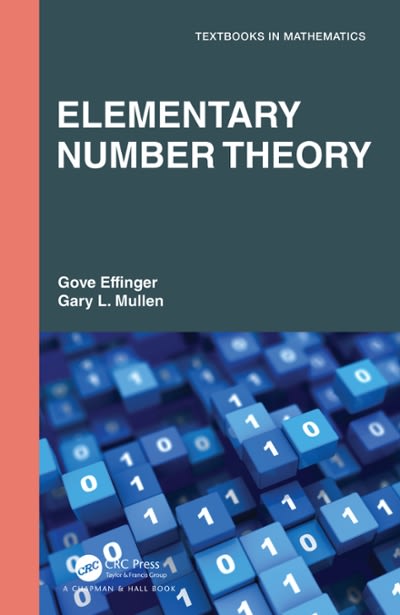Question
1. Are the groups of customers who are offered (a) a $100 phone credit or (b) a $5 pre-paid Visa card probabilistically equivalent? Why or
1. Are the groups of customers who areoffered(a) a $100 phone credit or (b) a $5 pre-paid Visa card probabilistically equivalent? Why or why not?
2. Are the groups of customers whosign upfor (a) the $100 phone credit or (b) the $5 pre-paid Visa card probabilistically equivalent? Why or why not?
3. Are the groups of customers whosign upfor (a) the $100 phone credit or (b) the $5 pre-paid Visa card equally pre-disposed to liking Red? Please answer "yes," "no," or "uncertain." Explain why.
4. Answer Blanka Novak's question: "So let's say that 10 percent of users who signed up for the 100 phone credit ended up signing a contract with us. And let's say that only 2 percent of users who did not get the 100 phone credit signed a new contract with us. Does this mean that the 100 phone credit is causally responsible for an eight-percentage point increase in new customer acquisition for customers who expressed an interest in a new phone via Twitter?" Why or why not?
5. Expanding on Blanka Novak's question, is the "eight-percentage point increase in new customer acquisition" likely to overstate or understate the true causal effect? Why?
Step by Step Solution
There are 3 Steps involved in it
Step: 1

Get Instant Access to Expert-Tailored Solutions
See step-by-step solutions with expert insights and AI powered tools for academic success
Step: 2

Step: 3

Ace Your Homework with AI
Get the answers you need in no time with our AI-driven, step-by-step assistance
Get Started


